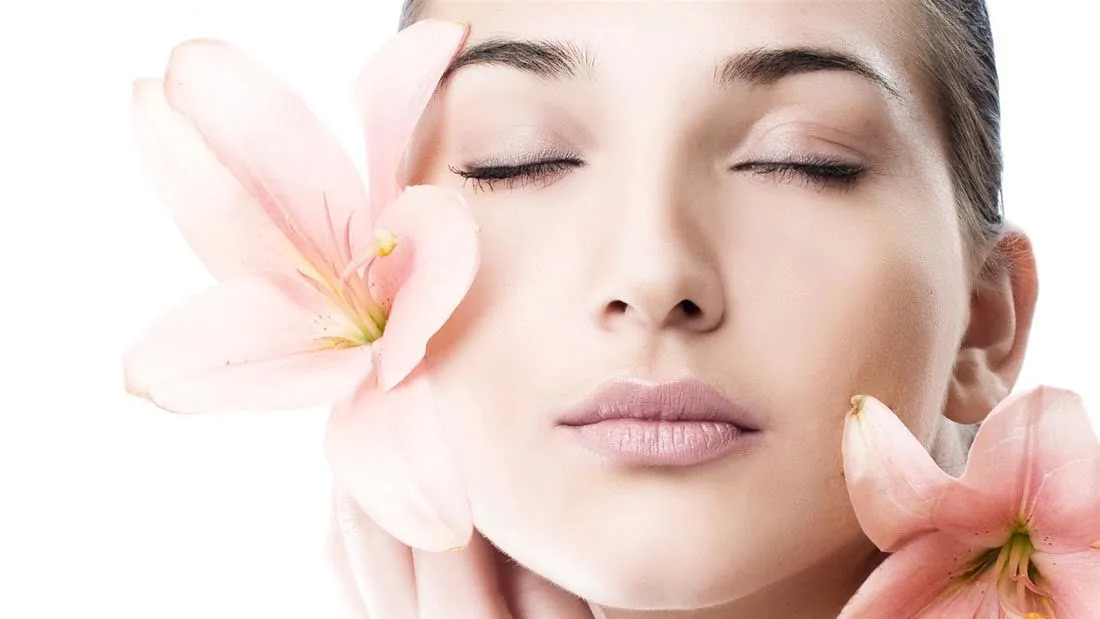With Tata Group’s entry into the $22.34 billion beauty and personal care market, competition and innovation will increase, even as the consumer base grows.
Tata Group’s re-entry into the beauty segment will give this market a boost, forcing existing beauty and personal care brands to innovate even more in order to stay relevant and scale up the industry. Earlier this week, Tata Group announced its plans to re-enter the beauty industry after a 23-year hiatus, with the launch of its own beauty products line. Consumers are looking for newer and better options for their skincare and beauty product needs, and the category is far from stagnant and will continue to grow and see new innovations. For example, Tata Group’s entry will give the segment more momentum.
With the entry of a giant like Tata, the beauty industry is set to heat up.
“Given that the Tata Group has been absent from this market for the past 23 years, it will be interesting to see their return.” This will significantly heat up the market for existing players. It is reasonable to assume that all digital brands that are already spending more than they were in previous years will need to spend more in order to reach the same type of consumers, but the upside is that consumers will have more options,” said Harini Sivakumar, Founder & CEO, Earth Rhythm – a beauty products brand.
Increased competition is a jolt to startups.
While it is unclear whether Tata Group will launch eco-friendly products, enter the premium or luxury segment, or operate as an online or offline brand, the entry will undoubtedly increase competition and force existing brands and start-ups to rethink their next move in the market. “With their online and offline retail channels, the Tata Group already has a competitive advantage.” With Westside stores across the country and online shopping platform Tata CliQ, the company already has a customer base. This is a significant differentiator for Tata Group, and their entry into the beauty segment will be aided by these channels and market presence.” said Pankaj Renjhen, COO & Jt Managing Director, ANAROCK Retail.
What does it mean for the Tata Group?
According to Statista, the beauty and personal care market was worth $22.34 billion in 2021 and will grow at a 6.95 percent annual rate (CAGR 2021-2026). Tatas’ interest in the beauty industry is understandable. “Consumers today are spending much more on their lifestyle, particularly on beauty,” said Pankaj Renjhen. I believe there is a lot of opportunity in the segment right now, as more and more people join the consumer base every day. Furthermore, players such as Nykaa have already demonstrated the path to dominance in this segment.”
During the pandemic year, the beauty and personal care industry experienced a sort of boom while also undergoing a revolution in more ways than one. The year 2020 and beyond saw an increase in demand for natural and organic skincare and beauty products, with consumers becoming more aware and conscious about the products they use, the ingredients used in their manufacture, the side effects, and so on. As a result, many established brands in the segment are now focusing on sustainability in their product lines, packaging, and even operations.
In 2021, revenue in the natural cosmetics segment is expected to be $834.5 million, with the expected market growing at a 7.83 percent annual rate (CAGR 2021-2025). The availability of products by homegrown start-ups and brands that suit Indian skin types and hair – a need that has largely gone unfulfilled by international brands – is one of the factors driving this increase in the number of such brands. Furthermore, the ‘Make in India’ campaign has increased the number of homegrown brands in the segment.
Tata Group announced plans to re-enter the beauty industry after a more than two-decade absence following the sale of its Lakme brand to Unilever. Noel Tata, non-executive chairman of Trent Ltd, a Tata Group unit that operates a retail chain, stated in an interview that beauty products, along with footwear and underwear, will be a key focus for the company going forward. “We intend to expand our product line and experiment with formats for these products because we see these as growth areas in retail,” he said. The Tata Group will re-enter the beauty business, with revenue from the beauty, footwear, and underwear categories expected to be around $100 million, with a market value of around $30 billion, the company said.
“I believe we have only scratched the surface in these categories, and a significant portion of these markets remain unorganised, so a shift to organised retail is unavoidable.” We’re also seeing a shift in consumer preferences for more fashionable products in these categories,” Noel Tata added.
“The Indian beauty industry is growing at a double digit CAGR,” said Azaz Motiwala, Founder & CMD, IKON Marketing Consultants. Domestic beauty e-commerce players like Naykaa and Purplle’s recent success in the segment has piqued the interest of major players. The Indian consumer is obsessed with digital and social media platforms, from watching DIY make-up tutorials to purchasing beauty products online. Tata’s entry into the beauty segment at this point in the industry is the right move, albeit a little late.”



